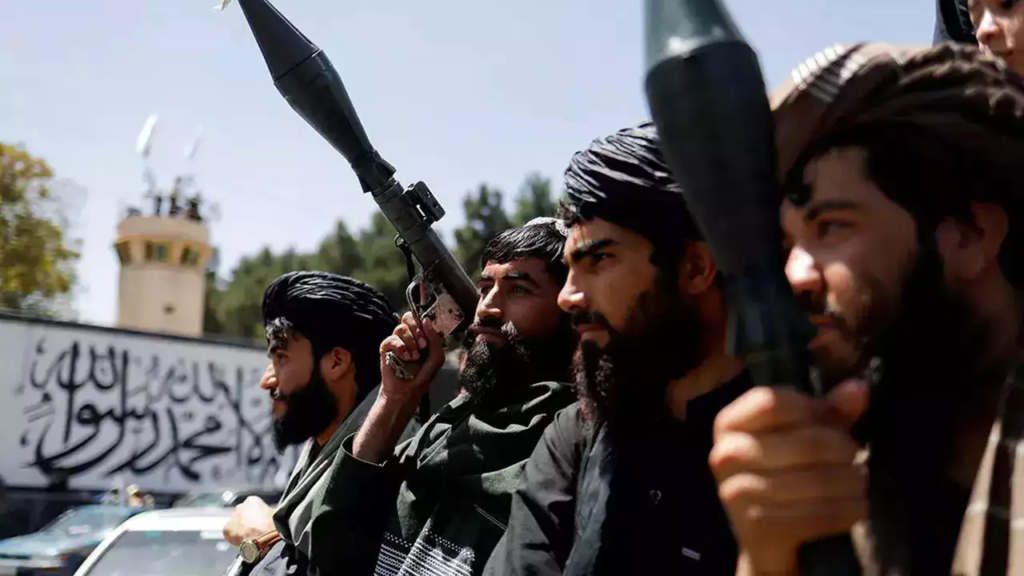The Tehreek-i-Taliban Pakistan (TTP) has become the largest terrorist organization in Afghanistan, receiving operational and logistical support from the Afghan Taliban and elements of the Al-Qaeda network, according to a recent United Nations monitoring report. The report, submitted to the UN Security Council, estimates TTP’s strength at approximately 6,000 to 6,500 fighters.
The UN report highlights that the Taliban do not regard TTP as a terrorist entity, reinforcing Islamabad’s concerns about Kabul’s unwillingness to take action against groups that target Pakistan. Pakistani officials, including Defence Minister Khawaja Asif, have consistently warned of the increasing threat posed by TTP, which has intensified its attacks against Pakistan from 573 incidents in 2021 to 1,210 in 2023.
The report mentions that Afghan nationals have been involved in several recent attacks, including a bombing that killed five Chinese engineers and their Pakistani driver. Additionally, it raises alarms over NATO-caliber weapons, particularly night vision technology, reportedly supplied to TTP since the Taliban’s takeover, enhancing the lethality of their operations.
Moreover, the report underscores Al-Qaeda’s collaboration with TTP, providing support for conducting terrorist activities within Pakistan. Notably, it references a significant clash in September 2023, where TTP launched a coordinated attack against Pakistani military posts, aided by Al-Qaeda fighters.
The report also discusses the rising threat from the Islamic State-Khorasan (IS-K), which has expanded its operations beyond Afghanistan and infiltrated key Afghan ministries. While the Afghan Taliban has claimed successes against IS-K, concerns remain over the group’s potential impact on security in Pakistan and neighboring regions.
As the TTP solidifies its position, the security landscape in both Afghanistan and Pakistan continues to evolve, raising urgent questions about regional stability.


